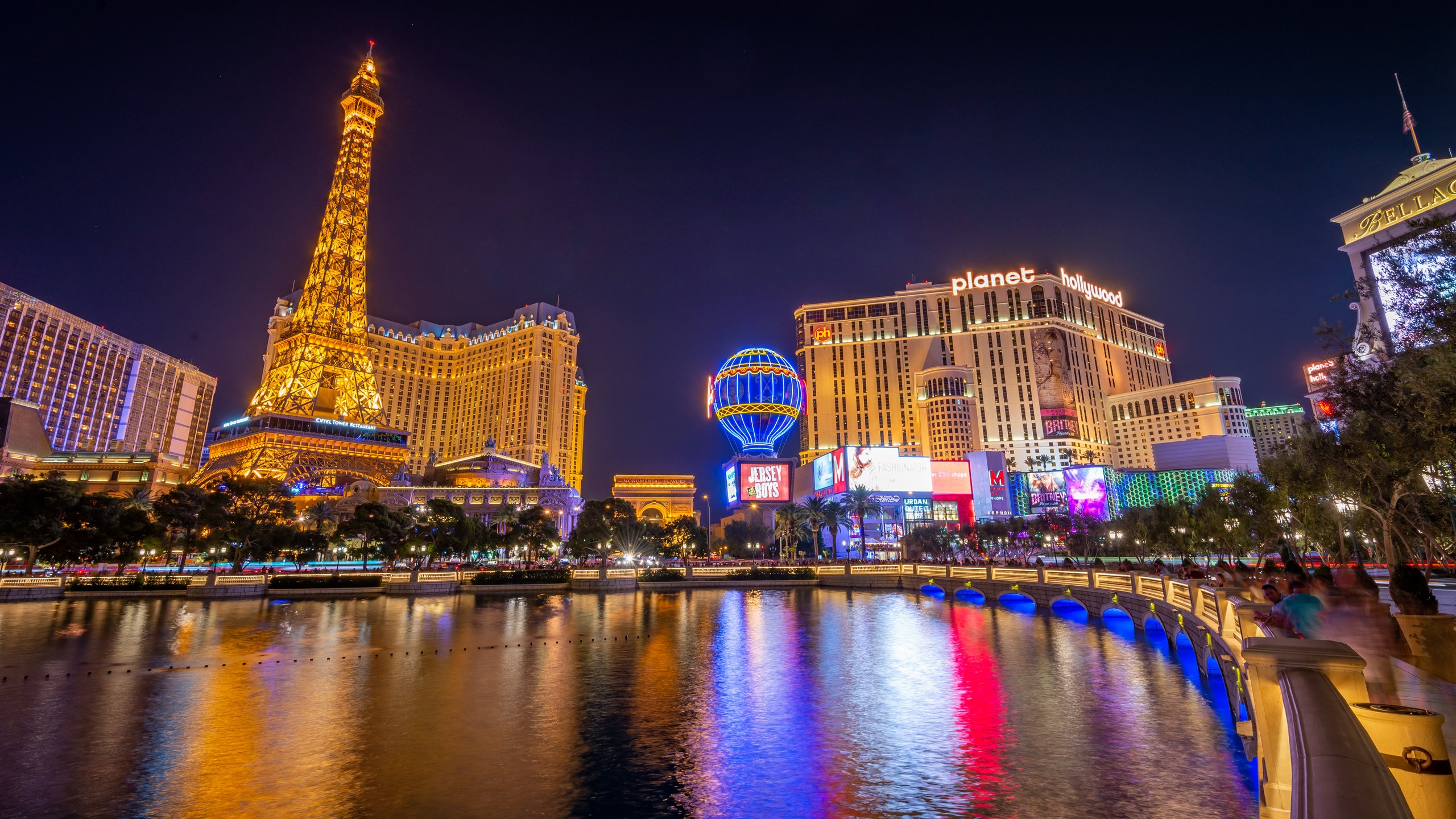
Gambling games have long been a engaging entertainment option, drawing millions of players from diverse cultures around the globe. From the lively casinos of Vegas to the bustling gambling halls of Macau, these games serve as a bridge that brings together people across a variety of backgrounds. The allure of chance, tactics, and gambling entices not only those looking to gamble for profit but also those in search of a feeling of belonging.
The cultural impact of casino games extends significantly past the gaming floor. They often embody the cultural standards and beliefs of the communities in which they thrive. Games such as poker, blackjack, and the wheel game have woven themselves into the fabric of mainstream culture, influencing various aspects from movies to clothing. As we explore this intriguing intersection of luck and life, we can comprehend better how gambling games shape and are shaped by the surrounding world.
Historical Evolution of Casino Activities
The roots of gambling activities can be tracked back to historical civilizations, where gambling in multiple forms was extensively engaged in. In Ancient China, around 2300 B.C., a form of lottery known as Keno was common, while in historic Rome, soldiers would often wager on the results of their matches. The concept of using luck for entertainment and gain progressed over the ages, leading to the formation of more structured activities. By the end of the Middle Ages, betting houses started to appear in the continent, notably in Italy, which introduced early incarnations of famous games still practiced today.
As betting expanded recognition in the continent, the 17th and 18th centuries saw the emergence of casinos as specialized venues for gaming. The earliest official gaming venue, the Ridotto, was set up in the city of Venice in the year 1638, offering activities like Baccarat and the game Faro. This era marked a crucial pivoting point, as casinos commenced to draw not just the high society but also the growing middle-income class. The refinement of activities evolved, leading to the introduction of new regulations and versions that enhanced the gaming experience.
In the 19th century, the industrial revolution and transformations in social conventions further altered the terrain of casino games. The arrival of the game of roulette and new one-armed bandits drew a broader clientele, and casinos became seen as acceptable fun. This time witnessed the international spread of gaming, as casinos extended from European nations to the New World, culminating in the development of the famous Las Vegas Boulevard in the 1900s. The progress of gaming games has continued into the modern era, incorporating technology and digital services, allowing them accessible to a universal population.
### Cultural Importance within Various Cultures
Casino games have profound cultural value across numerous societies across the globe. For instance, in Las Vegas, the very core of the urban landscape is woven around casinos, where playing is not just a pastime but a key aspect of entertainment and community life. The dazzling lights and lively atmosphere attract countless individuals, showcasing how gambling activities can impact local economies and local cultures. This surrounding transforms the notion of leisure into an enriching experience that affects apparel, music, and even film.
Conversely, some communities treat wagering with more caution, considering it through the lens of ethical beliefs and tradition. A case in point, in various Oriental cultures, games like Mahjongg and Pai Gow Poker are steeped in history and carry significant social relevance. 79king These games are often played during get-togethers and festivities, fostering collective connections and reinforcing familial ties. The act of engaging in these games goes beyond mere amusement, reflecting values such as honoring elders and the importance of collective enjoyment.
Simultaneously, in European countries such as the principality of Monaco and Rome, gambling activities serve as symbols of luxury and elegance. The refined atmosphere of these venues attracts both travelers and residents, upholding a sense of distinction and exclusivity. The art of Texas Hold’em and the strategic features of games like banker’s game are celebrated, molding community relationships and cultivating an attraction that captivates a diverse audience. This underscores how games of chance can both mirror and shape societal views towards hazard, benefit, and community interaction.
Financial Influence and Tourism
Casino games play a important role in the economic landscape of many areas, particularly those that depend significantly on visitor traffic. The revenue generated from casino operations fuels local financial systems, creating jobs not only within the casinos themselves but also in connected industries such as hospitality, restaurant services, and recreation. This influx of tourists, drawn by the attraction of games and the overall gaming environment, stimulates spending across multiple businesses, contributing to the economic vitality of the area.
The existence of casinos often leads to the construction of infrastructure, including lodging, public transit, and leisure amenities. These improvements are essential in improving the overall visitor satisfaction, making locations more attractive to tourists. Additionally, many casinos contribute in local communities through sponsorship of events and charitable activities, further integrating themselves into the community structure of the region. Such contribution not only supports economic growth but also fosters a positive reputation of the gambling sector.
Furthermore, the global popularity of casino games drives competitive tourism, with regions vying to attract players from around the world. Iconic locations like Las Vegas and Macau have become synonymous with gambling culture, drawing millions annually. This competitive edge encourages innovation and variety within the gaming industry, influencing developments in entertainment and hospitality that resonate beyond their borders. The consequences of this visitor influx extend wide, impacting local financial health and cultural exchanges on a worldwide scale.